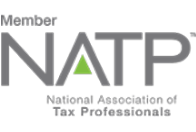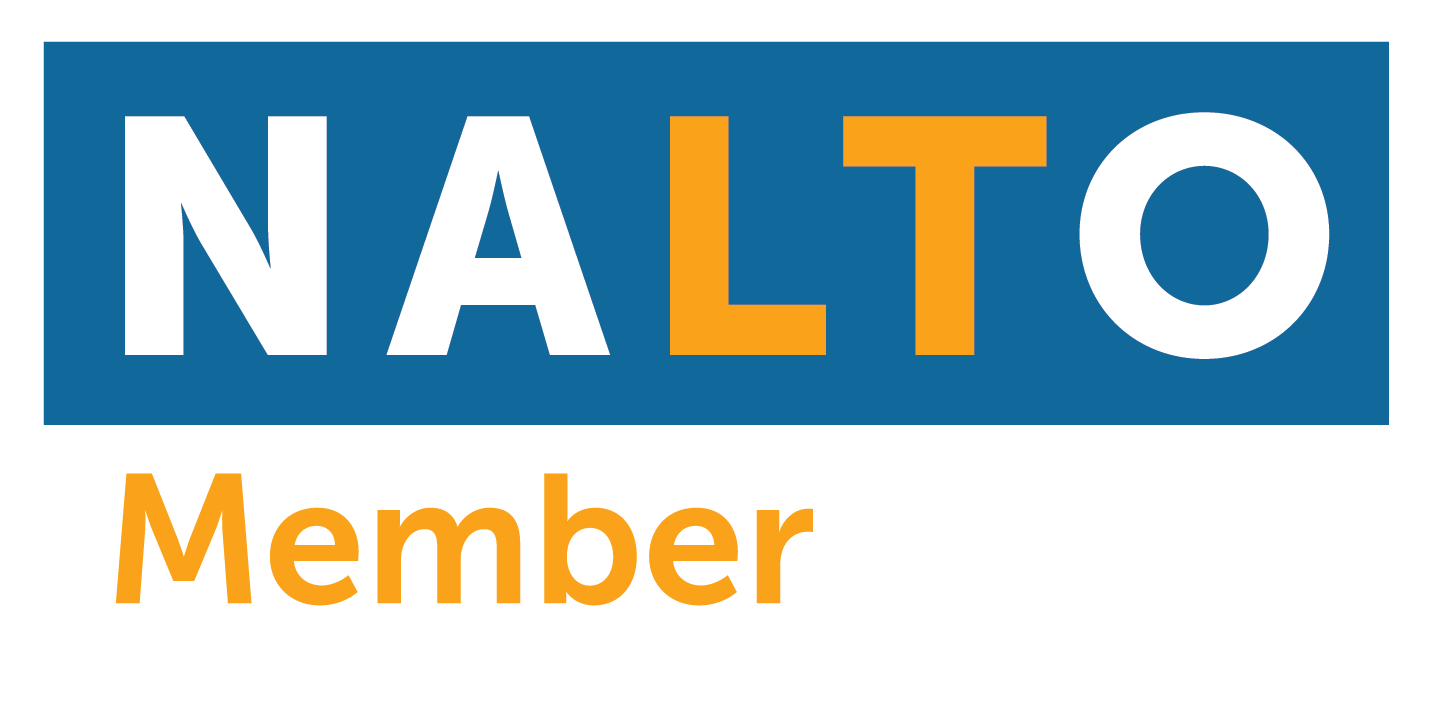Hair experts (also called barbers, stylists, hair specialists) are confident that when a customer sits in the chair, he/she will leave with a gorgeous hair. However, as sure as they are that hair will grow, they can also be sure that taxes will follow.
This article talks about our hair experts and hair taxes…
In a typical hair salon – the hair experts or stylists may be classified as an employee of the salon or an independent renter of a chair or the salon owner himself.
Employee
As an employee of the salon, stylists follow the salon’s work schedules and use the products of the salon when providing services. They fill out a Form W-4. The employer withholds taxes from the employee’s paycheck and the employee will receive a Form W-2 during tax season. As employees, they are not responsible for any bookkeeping of the salon’s services but is responsible for reporting to the employer/salon owner, the tips that they have received, which will be included in the W-2.
Self-employed Independent Contractor
A stylist can be an independent contractor and rent a chair in salon. He can pay the salon owner a monthly rent and purchase his own products and supplies that he will use for performing his services. He is responsible for paying the salon owner rent for the chair. As an independent stylist, he is also responsible for keeping his own bookkeeping and for paying his income taxes.
If you completed a Form W-9 and received a Form 1099-NEC during tax season, then you are considered an independent contractor.
As a self-employed stylist, you may be paying more taxes than an employee. That is because you carry the full burden of paying for the Social Security and Medicare, which are shared by the employer and the employee.
Business Owner
As the owner of the business, you earn your income from the sales generated by your business.
Whether you are a self-employed or a business owner, there are common expenses that hair specialists/barbers can claim as a deduction from their taxable income.
Common Deductions from Your Taxable Income
Business expenses are required to be both ordinary and necessary in order to qualify as a business deduction:
- Products and supplies that are used in the course of the business, which may be:
- Shampoo, conditioner, hair treatments and hair dye.
- Tonics, lotions, gels, creams, oils, straighteners, mousse, and hairspray.
- Bobby pins, clips, and rubber bands.
- Hair dryers, curlers, and straighteners.
- Tea, coffee, or wine offered as client refreshments.
- Rent (of the chair) or Home Office deduction
- Hair shows, seminars, conferences, membership fees and continuing education.
- Business tax, license fees, insurance and certification fees.
- Professional fees like your 1099 Accountant fee, tax, marketing or legal expenses.
- Miscellaneous office supplies like pens, paper, tape, envelopes, or clients and stamps.
- Mileage incurred driving to a client site
- Phone and Internet costs that are dedicated to your business.
- Liability insurance for your business.
- Advertising and marketing
Sales Tax
Sales tax is applicable to both the self-employed and the business owner.
But generally, hair salon services are tax exempt.
Hair services include, but are not limited to the following:
∙ Hair Cuts; ∙ Perms; ∙ Hair Relaxing; ∙ Shampoo/Style; ∙ Hair Coloring.
∙ Hair Weaving; ∙ Hair Braiding;
However, most salons have included retailing of hair products like shampoo, conditioner, hair gel among others. The sales generated from selling these items and other hair products are subject to sales and use tax. The tax rate on each state varies. For example, In the state of Ohio, the sales tax rate is 7.80% of the retails sales. However, if you pay on or before the due date of the tax you may get a discount of .75% on the amount due.
That is why – it is advisable to maintain a good record of bookkeeping to maximize not just tax deductions but also tax discounts.
Tips
It may not be widely known, but tips received by hair stylists are taxable. Tips are commonly overlooked income. Hair stylists are required to report to their employer, if they are employees, the tips that they have received. As salon owner or renter, they are required to report the tips that they have received in their income tax return.
In case an employee fails to report tips received to his employer, he has to fill out Form 4137 to report the tip income you didn’t report to your employer. This form includes unreported tips in your income and calculates any unpaid Social Security and Medicare tax that’s due.
The IRS requires documentation of any business expense that you deduct. That is why it is necessary to keep track of your expenses during the year. 1099 Accountant can help advise you on how to keep track of business expenses that are commonly tax write-offs.
You may want to consult and work with 1099 Accountant – we offer online bookkeeping, online advisory services and online tax and accounting services. We offer reasonable rates. We only work with independent contractors, freelancers, and one-person business. We work with locum tenens from California to New York City and everywhere in between. Yes, even Hawaii!
Contact us toll-free (855)529-1099 or make an appointment for a free consultation. https://1099accountant.com/contact/











